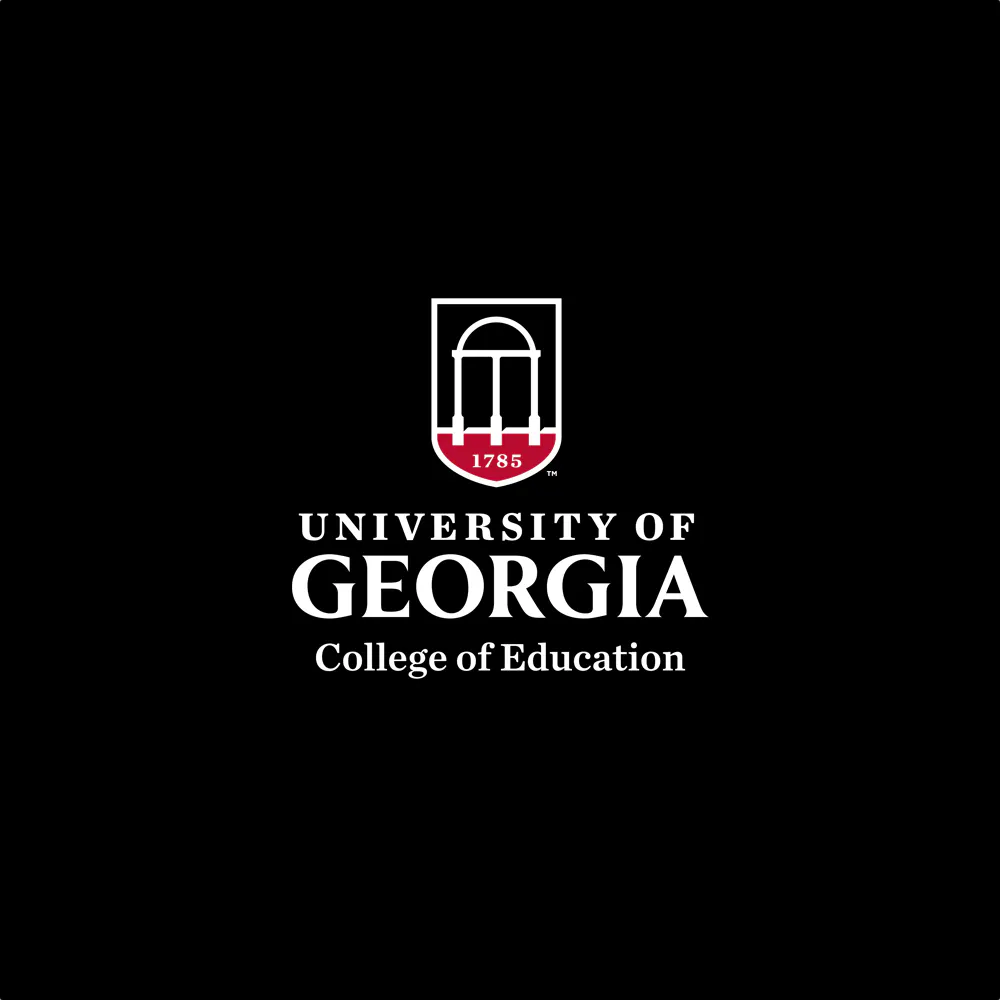Work puts professor in forefront of NCAA unionization debate
Too often, says Billy Hawkins, there is a tendency to place black men in one of three categories: a heralded athlete, hip hop artist or a danger to society.
It's this meeting of political, cultural and historical aspects of race and sport that propel Hawkins to further his writing and research work with graduate students. He teaches graduate and undergraduate courses in the sport management and policy program in the College of Education's Department of Kinesiology and has gained national and international recognition for his research in the sociology of sports and cultural studies, sports management and the development of the industry over the past decade.
Hawkins also is a regular contributor to the New York Times' feature "Room for Debate," in which experts from universities and other organizations from across the country write about controversial topics in sports and politics. His book, The New Plantation: Black Athletes, College Sports, and Predominantly White NCAA Institutions, was not only named one of 2010's Outstanding Academic Titles by Choice Reviews, but it also propelled Hawkins to the forefront of the issue of unionization and players' rights in the National Collegiate Athletic Association.
"The threats of lawsuits and unionization are encouraging the stakeholders that govern collegiate athletics to be more proactive in addressing reform," he says. "Providing long-term healthcare benefits, in light of the increase in head injuries, career development for life after competition, and greater academic oversight to reduce cases of academic neglect are some of the changes that are taking place across the collegiate landscape."
Hawkins' passion for the sociology of sport began while he was on a basketball scholarship at Webber College in Florida. It was there that he experienced the disconnect between athletes and the institutions for which they played. Later, while earning his Ph.D. at the University of Iowa, Hawkins worked with black athletes deemed academically "at risk." This fueled his desire to pursue research in intercollegiate athletics.
"Writing about the experiences of black athletes in intercollegiate athletics has been a way to channel my frustration and disappointment in a system with such potential," says Hawkins, who co-edited the 2011 book Sport, Race, Activism, and Social Change: The Impact of Dr. Harry Edwards' Scholarship and Service, and written numerous peer-reviewed book chapters and journal articles.
Hawkins consults with the DRAKE group, a distinguished collection of college faculty, authors, activists, journalists and members of organizations such as the National Collegiate Association for Athletics and the Knight Foundation's Commission on Collegiate Sport, which seeks athletic reform. He is an executive board member of the College Sport Research Institute, based at the University of South Carolina.
His most recent research involves working with several students to examine the cultural, political and historical aspects of sport. Topics include the relationship between parents and children in sports development, hometown sponsorship of teams and the growth of the Korean Ladies Professional Golf Association.
Also, _Hawkins is studying _the experience of blacks at historically black colleges and universities. Since desegregation, he says there has been a drastic underdevelopment of the schools' athletic departments due to the migration of black athletes to predominantly white institutions. "HBCUs' athletic departments have been managing to recover from this loss of athletic talent, while trying to provide a holistic experience to its current athletes," says Hawkins.
Hopefully, Hawkins says, his work will help increase the educational success of black athletes, specifically, and other athletes in revenue-generating sports by reducing academic neglect and athletic exploitation. Currently, there are seismic changes taking place in the state and federal judicial systems and at the conference and national levels of intercollegiate athletic governance that will affect the future of intercollegiate athletics, according to Hawkins.
"Reform must include changes to the current structure of intercollegiate athletics to reduce the commercialization," he says, "so that athletes are better able to manage meeting the athletic demands of corporate interests and the academic demands of the university."
